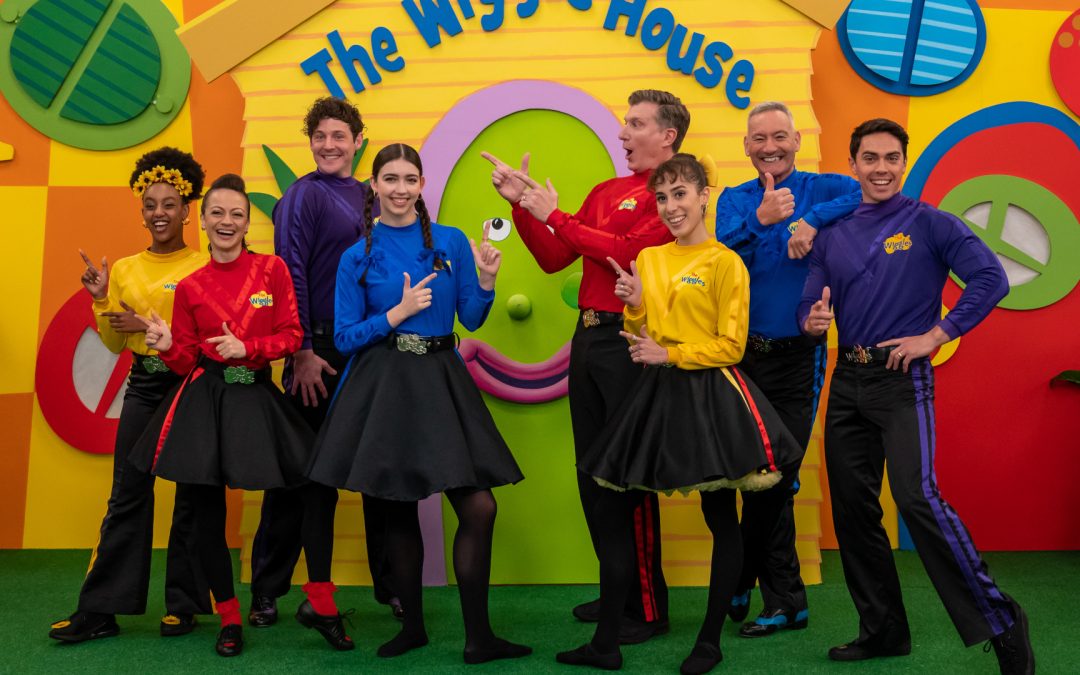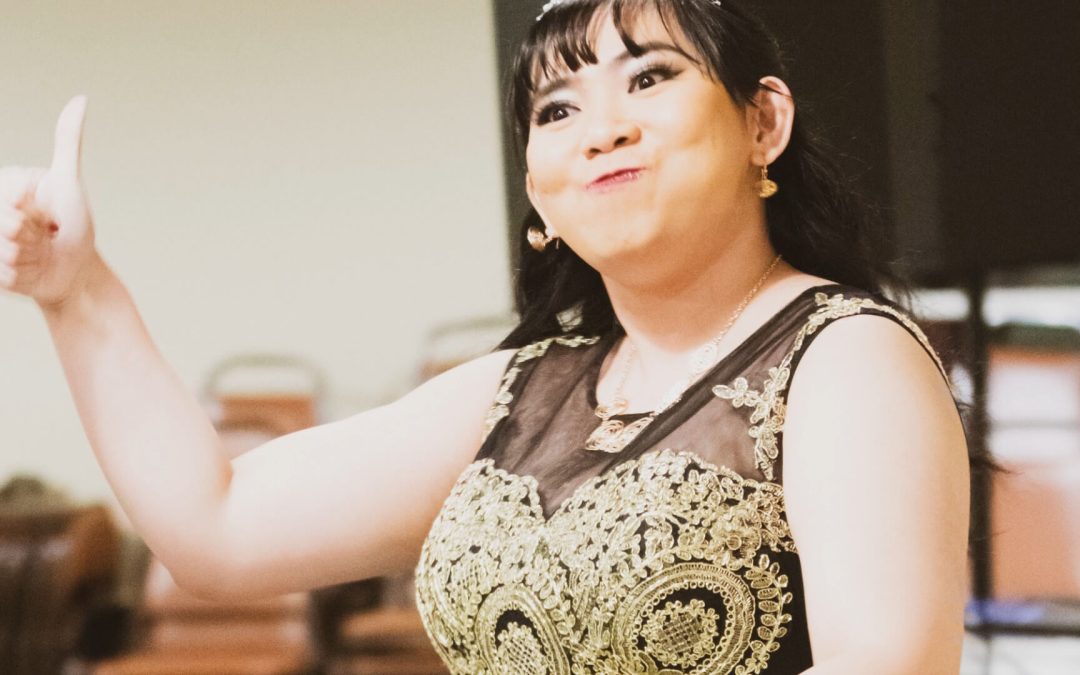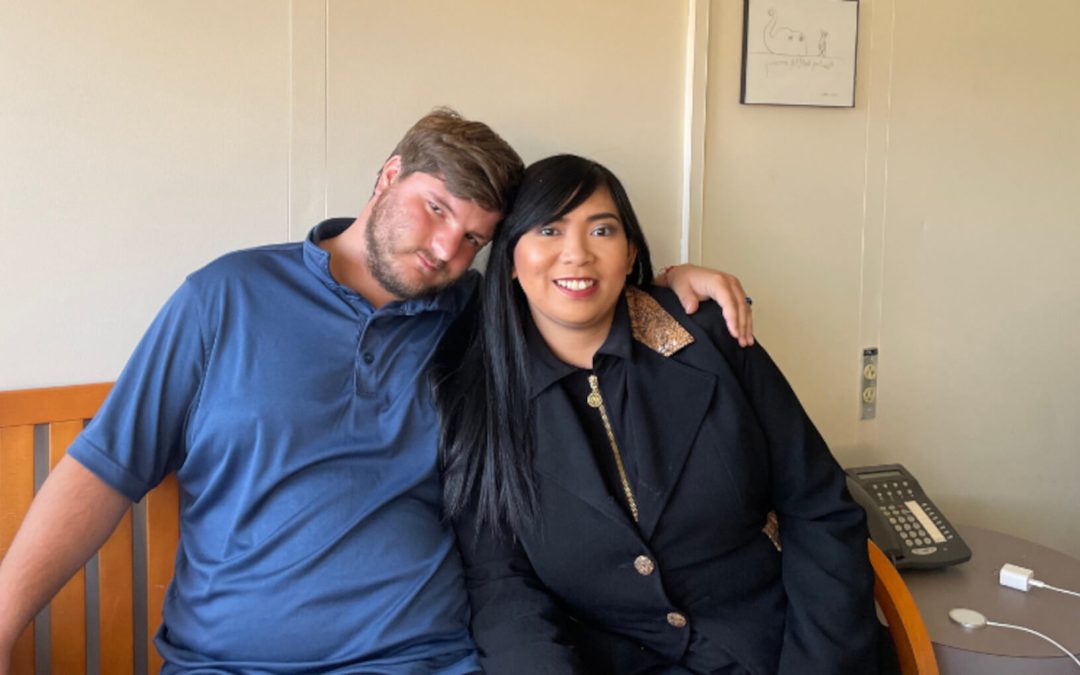Dr. Gwynette and ANN staffer Josh Miller host Wendy Dawson, the Executive Director of Social Motion Skills, and Social Motion Education Director Brandi Timmons. Social Motion Skills is based in Houston, TX and works to inspire and empower individuals with autism and similar special needs to achieve their full potential.
You can follow Dr. Gwynette on Twitter and Instagram.
Music by @MrBobbyKalman



0 Comments